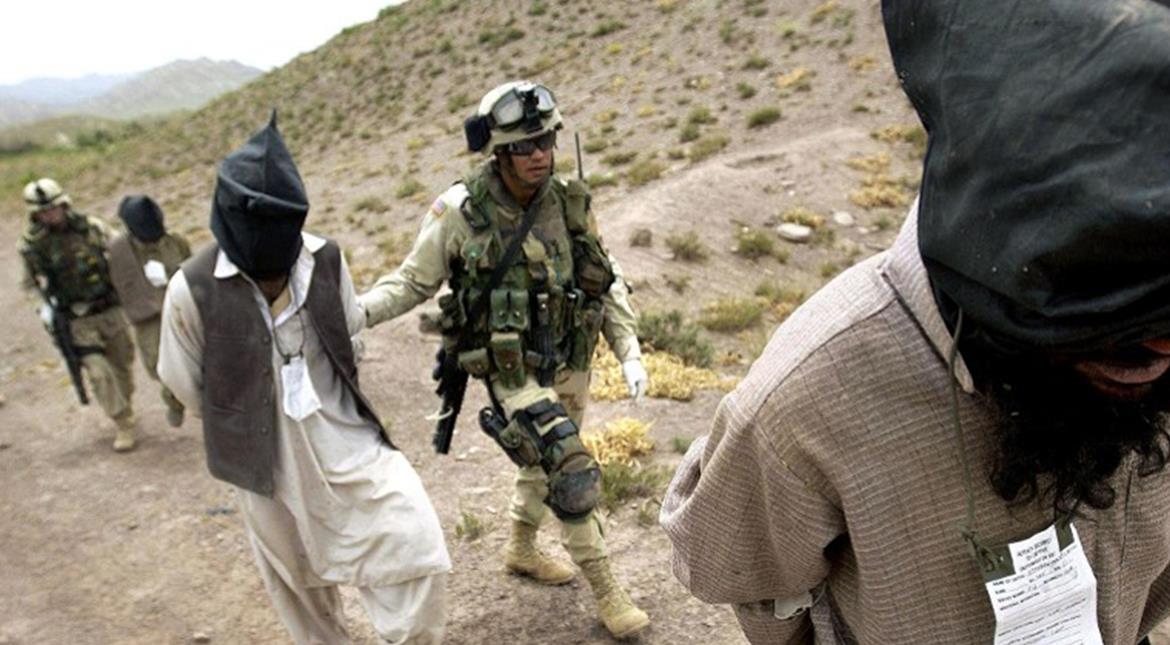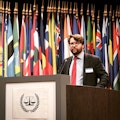Original version of this article appeared in Foreign Affairs.
On November 3, the prosecutor of the International Criminal Court (ICC), Fatou Bensouda from The Gambia, announced that her office had “a reasonable basis to believe” that war crimes and crimes against humanity had been committed by U.S. armed forces in Afghanistan, as well as members of the CIA in secret detention facilities in Poland, Lithuania, and Romania. The allegation was that they had tortured, mistreated, or raped at least 88 detainees between 2002 and December 2014.
What Bensouda’s statement means is that, based on the information the ICC has accumulated from governments, non-government organizations, and open sources, the allegations made against individual representatives of the United States pass jurisdictional muster and other legal requirements. This then enables the Office of the Prosecutor to proceed with a more active, on-the-ground investigation after a three-member panel of judges known as the Pre-Trial Chamber signs off on it. (Chances are high that it will authorize a full investigation, since it is safe to assume that the Office of the Prosecutor would only enter a potentially fraught situation with the United States if it had more than sufficient evidence to meet the rather low standard of “reasonable basis.”)
The United States has objected both privately and publicly to the ICC’s allegations against U.S. military and CIA officials. On November 8, U.S. Deputy Representative to the UN Michele J. Sison stated to the UN Security Council that the proposed investigation was “wholly unwarranted and unjustified.”
(Per agreement with the publisher, the rest of this article can only be accessed by visiting Foreign Affairs.)


